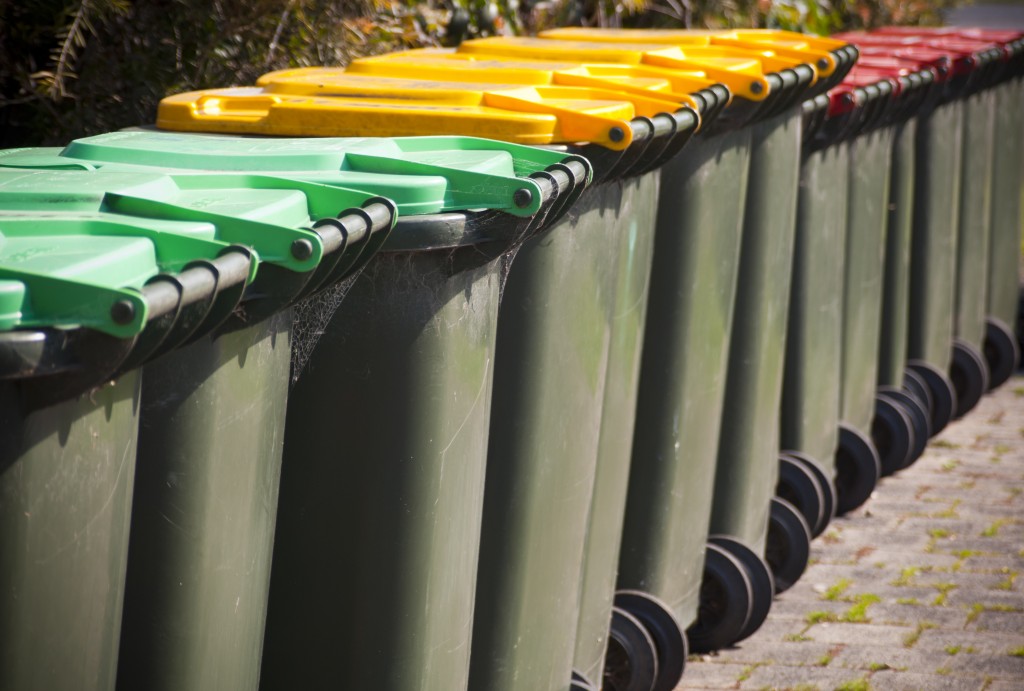The proper disposal of waste is a duty that everyone should be aware of as each of us is responsible for the production and accumulation of waste in our area. Waste management is a necessary process to sort out materials that can be recycled or not. Reduction of waste that we produce not only will benefit the environment but also humanity.
Proper disposal of waste
The Environmental Protection Agency (EPA) considers most of the trash as municipal solid waste (MSW), which are assorted items that the consumers throw away after its use. These commonly thrown items are composed of bottles, boxes, food, grass clippings, paper, and the likes. In 2017, the total generation of waste was 267.8 million tons, which was 5.7 million more than the recorded amount in 2015. The generation of MSW per capita per day rose to 4.51 pounds in 2017 as compared to 4.48 pounds in 2015.
Paper and paperboard items make up 25% of all the MSW, while food waste was the second contributor with 15.2%. There is also a high percentage of plastics present in the collected waste, with 13.2%. Other waste items are wood, textile, metals, rubber, leather, and glass. Correctly identifying these items can help with waste management through segregation. Segregation of waste materials is necessary to determine which of these can be included safely in the landfill or compost, and which can be recycled.
Other non-hazardous waste materials from construction and demolition (C&D) fragments, wastewater sludge, and other non-hazardous industrial wastes are also included in waste generation. House renovations or construction debris are included in a specific landfill for C&D. Homeowners and contractors get a residential dumpster rental service, such as those in Orem, to collect the C&D waste. After which they are hauled and dumped in a state-provided landfill site.
Importance of waste management

Correctly identifying the waste that we produce can help the environment. Waste management controls where the trash is going to be, which limits its impact on the environment. It does not only benefit the environment, but it also has a direct effect on us. Controlling the waste that we produce would mean that there would not be, or it lessens the presence of plastics in bodies of water. Improper management of waste damages ecosystems; it can destroy the seas where we get our food or the lakes where we get water to drink.
Segregation is a vital part of waste management. We can identify the items that are recyclable, biodegradable, and non-biodegradable. Once collected and segregated properly, the recyclable materials are sent to processing plants to be made into new material. Recycling can reduce the amount of virgin raw materials that are needed, which also has environmental impacts.
Biodegradable items such as food and yard trimmings can be used as compost. The collection of these organic materials can be made into compost by storing them into environments that are suitable for naturally breaking down the waste. Farms and gardens can benefit from the composted waste because it can be used as a fertilizer because it is nutrient-rich. It can revitalize weakened or spent soil from the previous harvest, which can contribute to better yield and lush gardens.
These are some of the ways that the government does to manage the waste that we produce. Each of us must contribute to the reduction of waste to lessen our impact on the environment.
